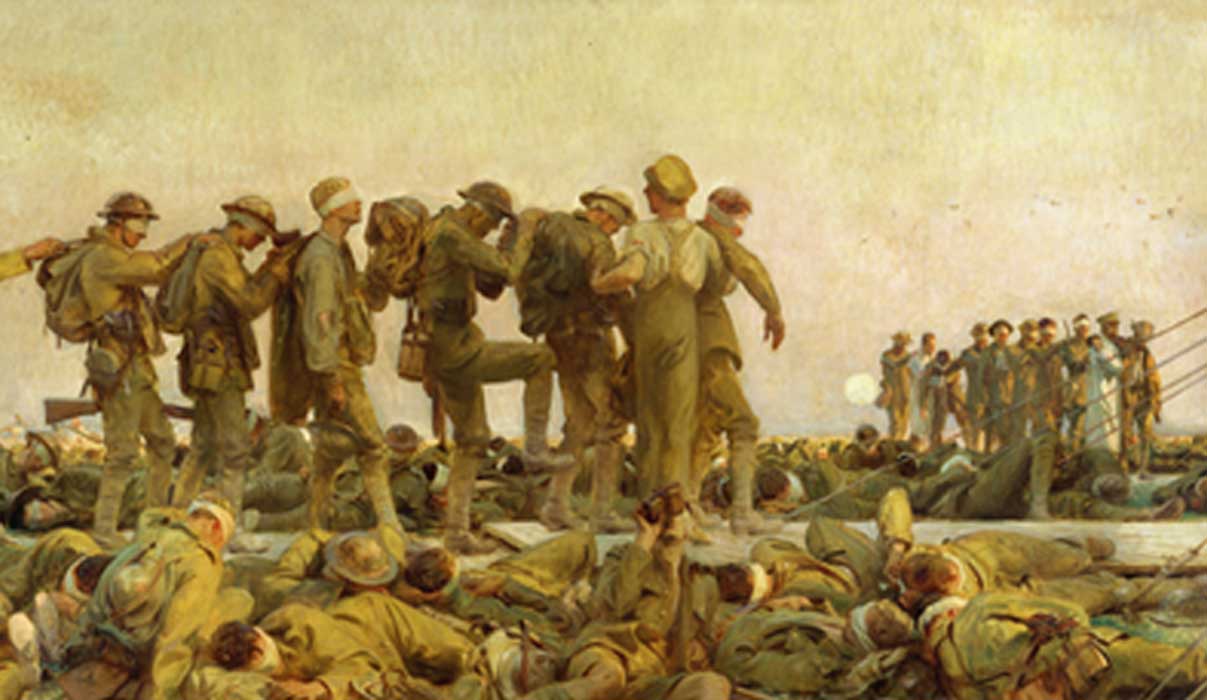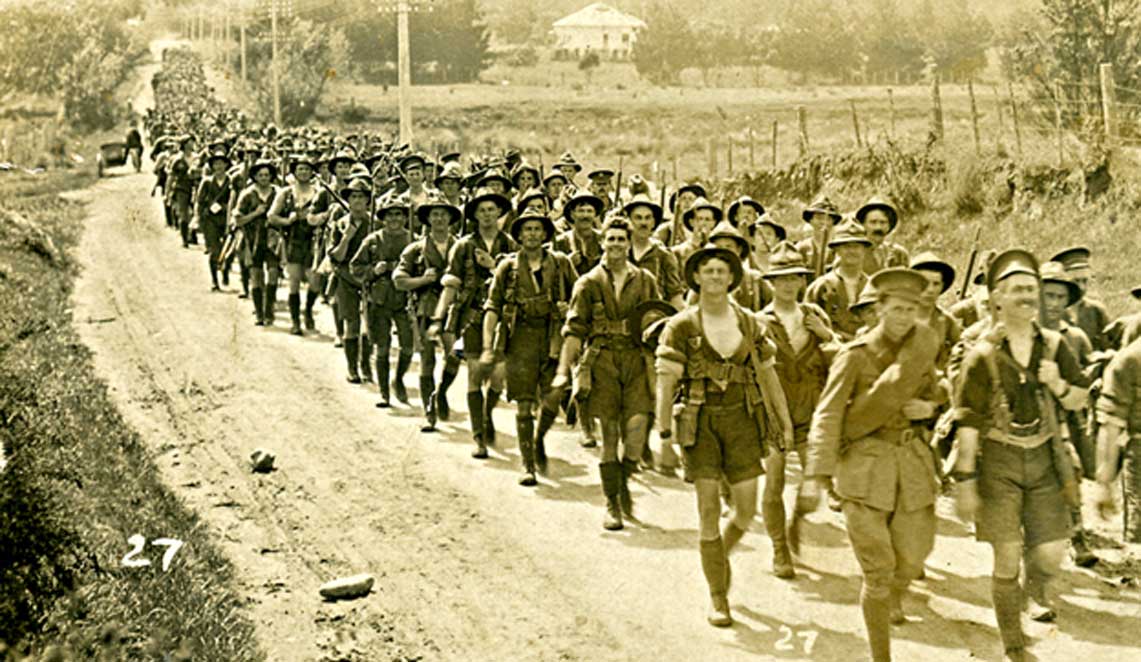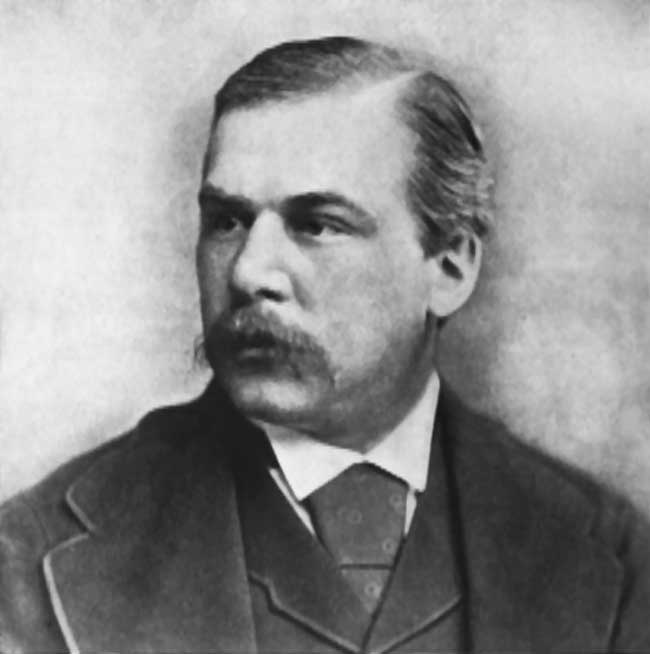
The Cost of War: Democracy Comes at a Price – Part 1
A Serbian by the name of Gavrilo Princip assassinated Archduke Franz Ferdinand of Austria, heir presumptive to the Austro-Hungarian throne, on 28 June 1914. The action of Princip would lead the world into a war of unbelievable devastation. How could such advanced nations go to war with such ease is hard to understand, when many of them were industrial and commercial empires? Nevertheless, the American public’s stance towards the war was neutral and why not? It was not America’s war, but the old world doing what it does best, fighting over past legacies. But that stance was to change, once the American Banks stepped in.

This is the New Zealand Division marching from Trentham to embark for Europe. Source A World War 1 Story, Part 6. Hutt Valley, Wellington, New Zealand, 14 April 1916. (CC BY-SA 2.0)
Mobilizing the Troops
The troop mobilization during the Great War was massive. The Allied Powers consisted of the Russian Empire (12,000,000 troops); the British Empire (8,841,541 troops); the French Third Republic (8,660,000 troops); the Kingdom of Italy (5,615,140 troops); the Kingdom of Romania (1,234,000 troops); the Kingdom of Serbia (707,343 troops); the Belgium (380,000 troops); the Kingdom of Greece (250,000 troops); the United States (4,743,826 troops) and the Empire of Japan ( 800,000 troops). The total for the Allied powers was 42, 959, 850 troops. On the opposing side, the Central Powers consisted of the German Empire (13,250,000 troops); Austria-Hungary (7,800,000 troops); the Ottoman Empire (2,998,321 troops) and the Kingdom of Bulgaria (1,200,000 troops). The total for the Central Powers was 25,248, 321 troops.
When considering the number of troops involved in a battle, one also has to consider the auxiliary costs: amount of supplies, ammunition, food rations, uniforms, medicine, how many soldiers die in combat, how many soldiers wounded, and such logistics. Every second becomes a constant rotation of supplies. When calculating the consumption of supplies and all that is replaced, the cost of war comes at a staggering price.
Since the cost of war was exorbitant, the Allies turned to America for assistance to provide currency and munitions to the effort, even when America was reluctant to get involved in the war directly. President Woodrow Wilson, at the time, declined to enter the war due to the American public’s preference to stay neutral.
Brother, Do You Need a Loan?
Smedley D Butler summed it up as follows: “War is just a racket. A racket is best described, I believe, as something that is not what it seems to the majority of people. Only a small inside group knows what it is about. It is conducted for the benefit of the very few at the expense of the many. Out of war a few people make huge fortunes.” War is not only a racket, but it also impacts on the health of the state. Many Americans saw no reason for entering the war, but many American bankers did. As war ravaged the states of Europe, the need for resources was constant. American bankers quickly jumped on board in funding the belligerents’ war socialism.

Mr J Pierpont Morgan, when in the prime of life (Public Domain)
In 1913, J.P. Morgan died, leaving his international banking empire to his son, John Pierpont "Jack" Morgan, Jr. By 1914, the Morgan Empire was facing difficulties, due to the railroad industry, which was heavily subsidized, regulated and in decline, such as the $400 million New Haven Railroad that went bankrupt that year. Other issues that affected the firm were the missed opportunities back in 1890’s when J.P. Morgan Sr.’s activity in the industrial securities market was minimal, thus allowing others like Kuhn and Loeb to beat him in industrial finance. Just when the Morgan Empire looked as if it was on its last legs, World War I started. This could not have been a better moment for J.P. Morgan & Co.




